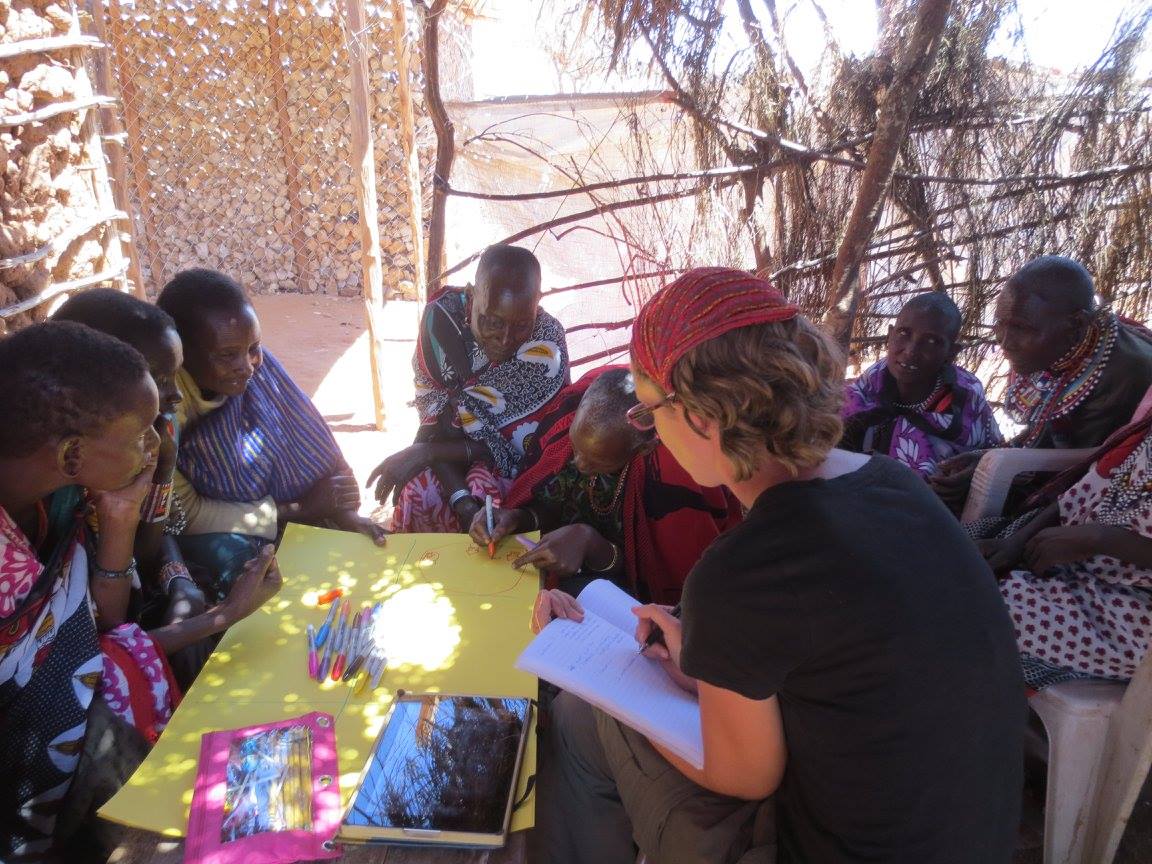Chesney McOmber is a PhD candidate in Political Science. Her dissertation is titled, “The Feminization of Rural Space: Exploring Gender, Power, and Demographic Change in Africa.” Demographic change is an important driver of social and political change throughout the world. Mass migration due to political, economic, or environmental instability continues to displace power within both macro and micro structures of society. While demographic change has historically been an impetus for political transformation, greatly lacking from contemporary discussions of this issue is an attention to the ways in which gendered demographic changes can be politically important. Furthermore, it is critical to understand why these gendered changes are important for the stability or transformation of political norms.

McOmber’s dissertation seeks to fill this void in the literature by asking the following question: How is women’s empowerment affected by male absence? This question is explored by investigating the specific political importance of gendered demographic change in rural communities in the Abda region of Morocco and the Rift Valley and Nyanza provinces of Kenya. In each of these cases, men have become increasingly absent due to the primary factor of climate change, which has caused male urban migration. These comparative case studies demonstrate that gendered demographic changes have important implications for what it means for women to participate politically in their rural village communities. Where power vacuums are created, opportunities for social structures to change and new leadership emerges. This study shows that while men may become absent from political spaces, the formal positions of leadership they once occupied remain essentially vacant. Instead, women overwhelmingly look to their own informal institutions as ways for expressing political agency and advocacy. Evidence from these case studies shows that, in the absence of men, women are able to make informal institutions more politically relevant and responsive to shortcomings of patriarchal governing structures to serve women’s needs within the community.
